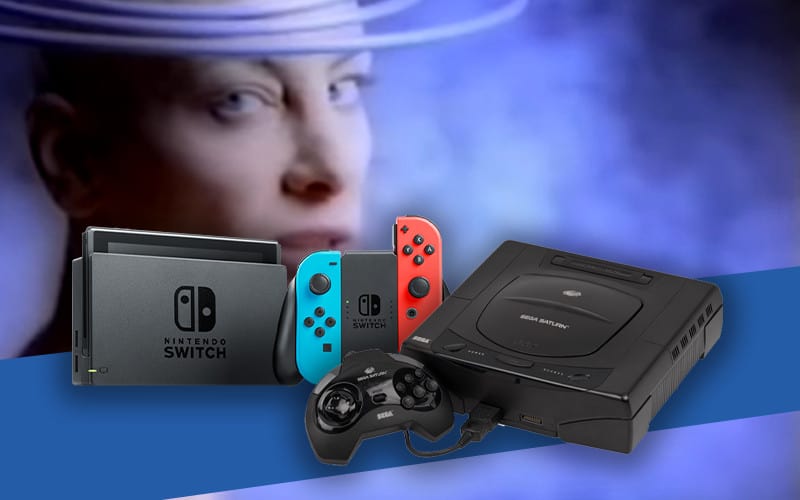Last Updated on
Publisher City Connection recently put out a few versions of Sega Saturn classics Cotton 2, Cotton Boomerang and Guardian Force. While these were just quietly released along with the dozens of other rereleases hitting the various consoles over the last few weeks, they pricked up the ears of the known emulation community, GBATemp, who have devoted collective hours to providing large guides, entire projects and more in the space of hacking consoles or in this case, extracting the engine running the games to use with other games.
See, the games are supposedly running on a closed source piece of software, which has then been rejiggered amongst the nearly 23-page thread to play almost anything from the Sega Saturn. Members are even now sharing altered textures to a more generic Sega Saturn outline instead of Cotton 2 themed borders, as they’re literally just slotting in games in place of the official titles contained within the files.
One user has even begun compiling a list of games that are working, with most coming out perfectly and others displaying issues to do with the latency that’s currently broken in the official releases anyway. If this gets patched, it’d probably lead to more games becoming playable in the future.
The Sega Saturn is renowned for being fairly difficult to emulate, with a hardware tinkerer famously only cracking the actual console itself after nearly 20 years.
The Sega Saturn was released in 1994 in Japan and 1995 in the west, to not much fanfare, due to the PlayStation 1 getting released around the same time and pretty much outdoing it in quality of games and price. The Saturn cost a whopping $399 in ’95, which is about $700 today, while the PS1 was $100 cheaper – and didn’t have Nights: Into Dreams on it either.
It was the mark of the end for Sega, as their next console, the Dreamcast, was relatively easy to pirate games on, as they used the equivalent of CD-Rs to print their games, rendering the console entirely open from day one. Sega pulled out of the console market in 2001 and began publishing on multiple platforms after a short-term deal with Microsoft, which powered the Dreamcast’s Windows CE and DirectX capabilities.


